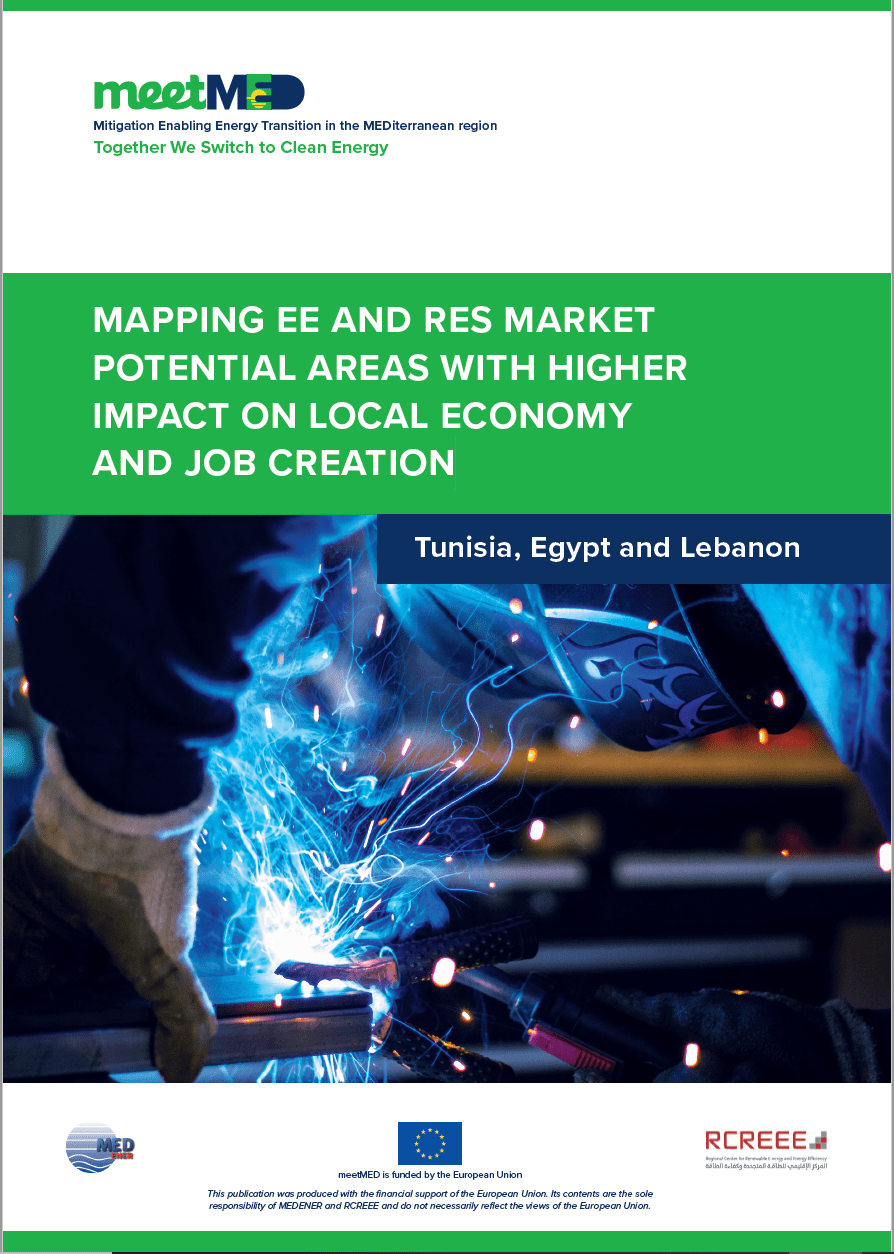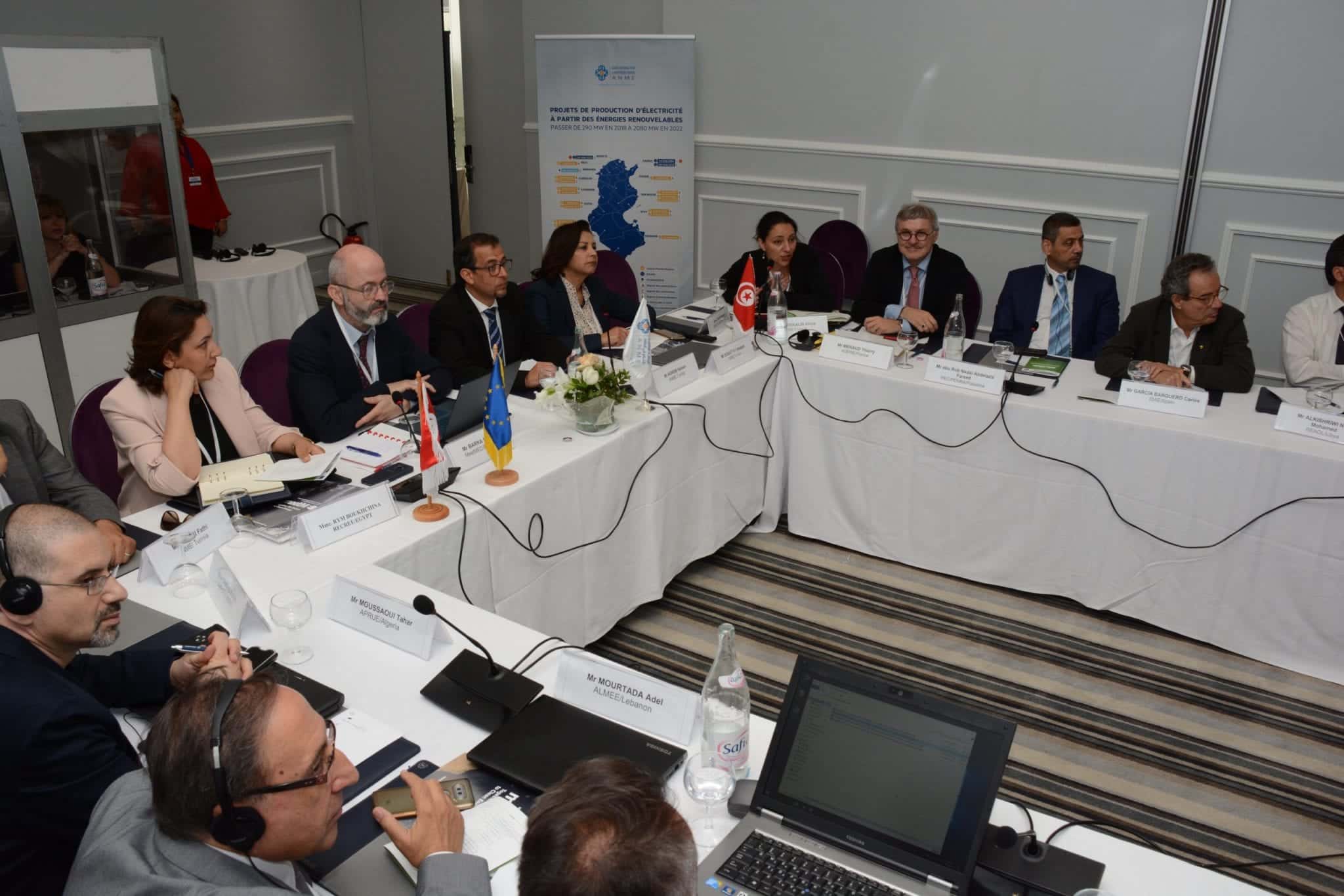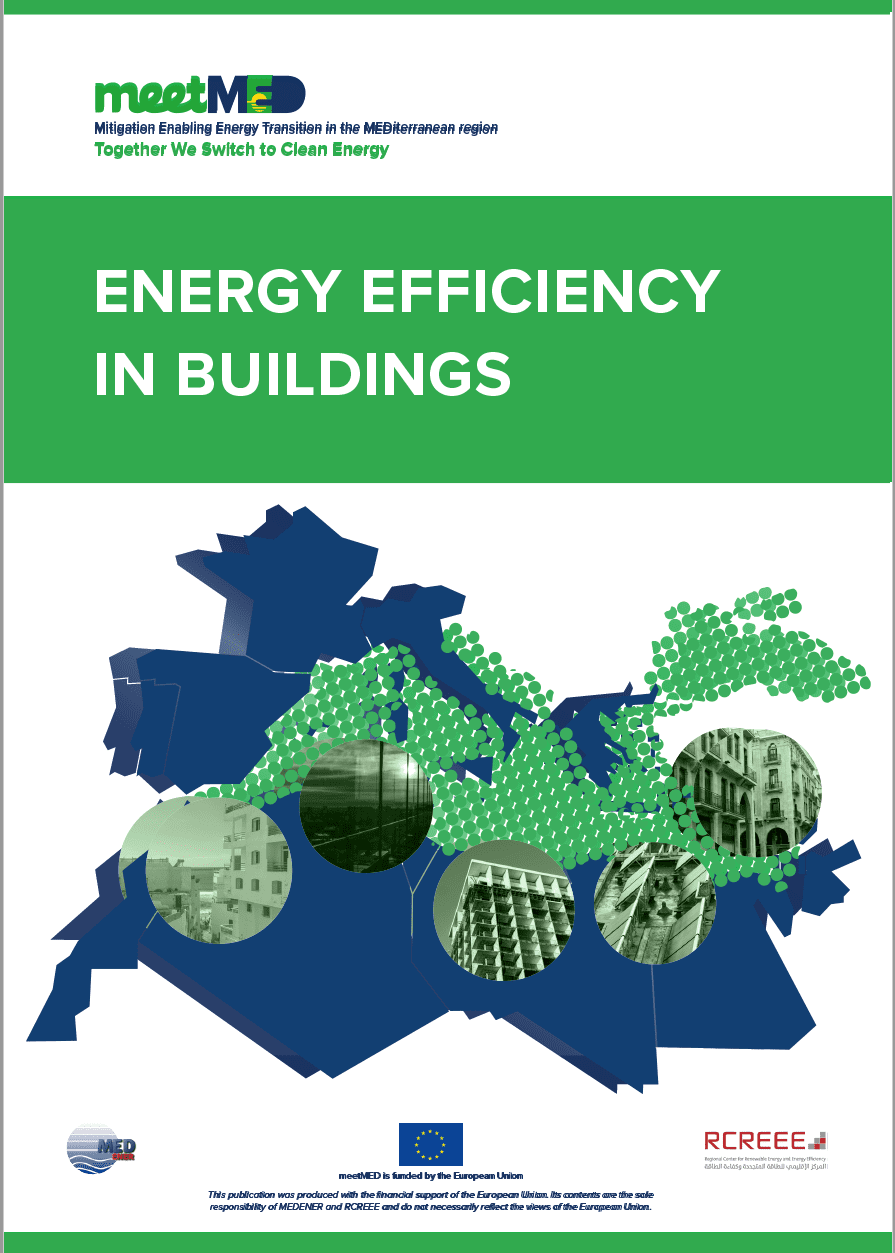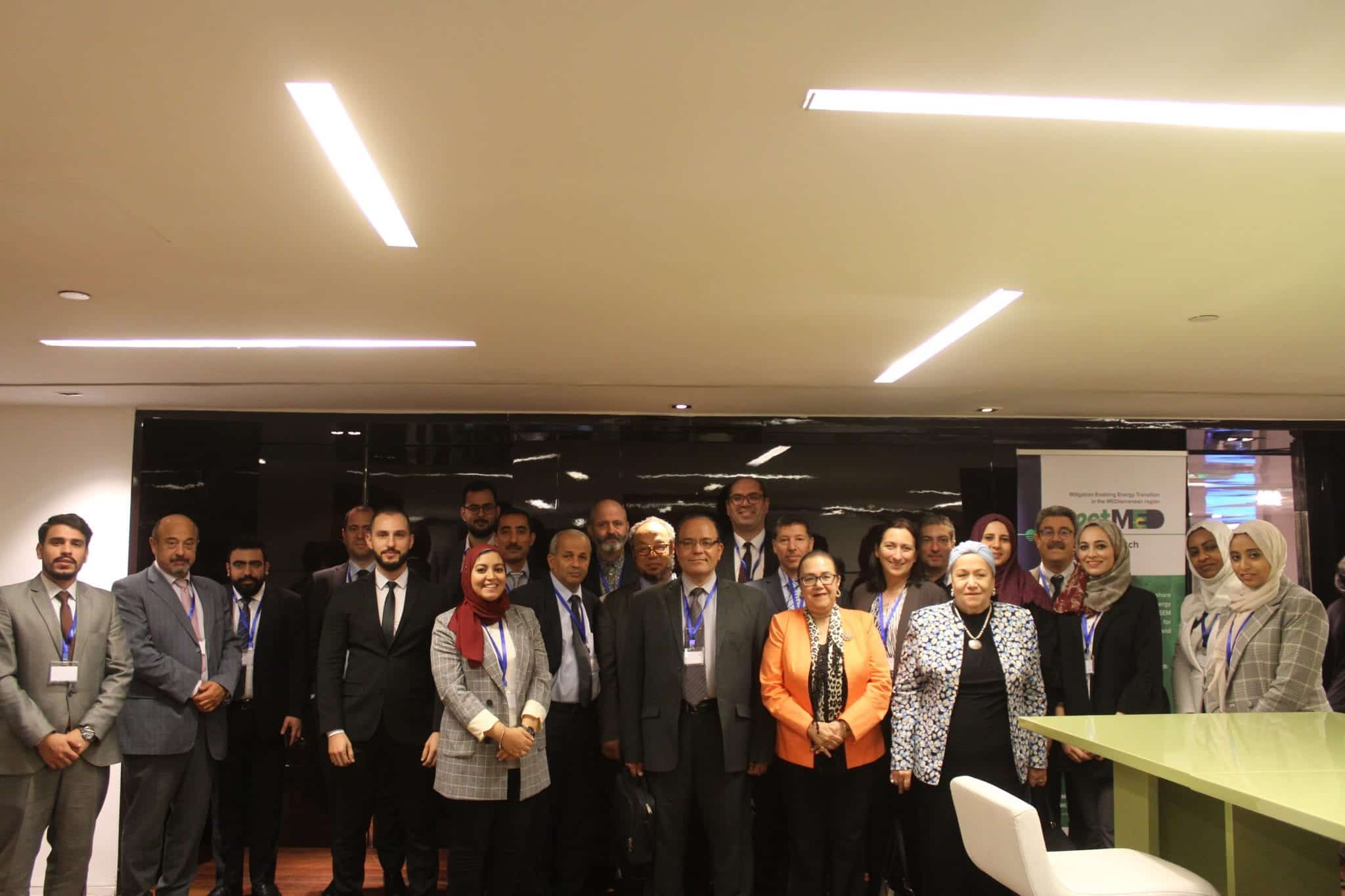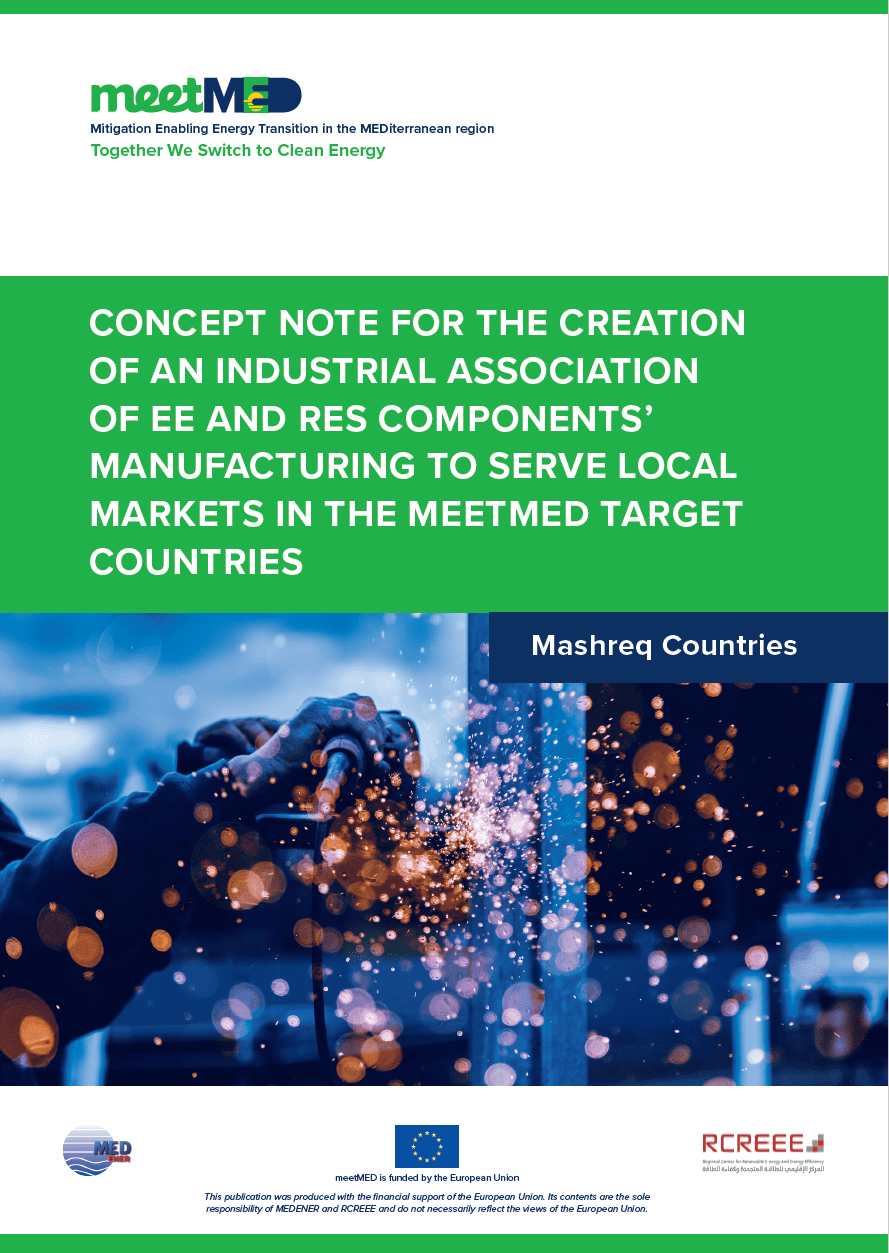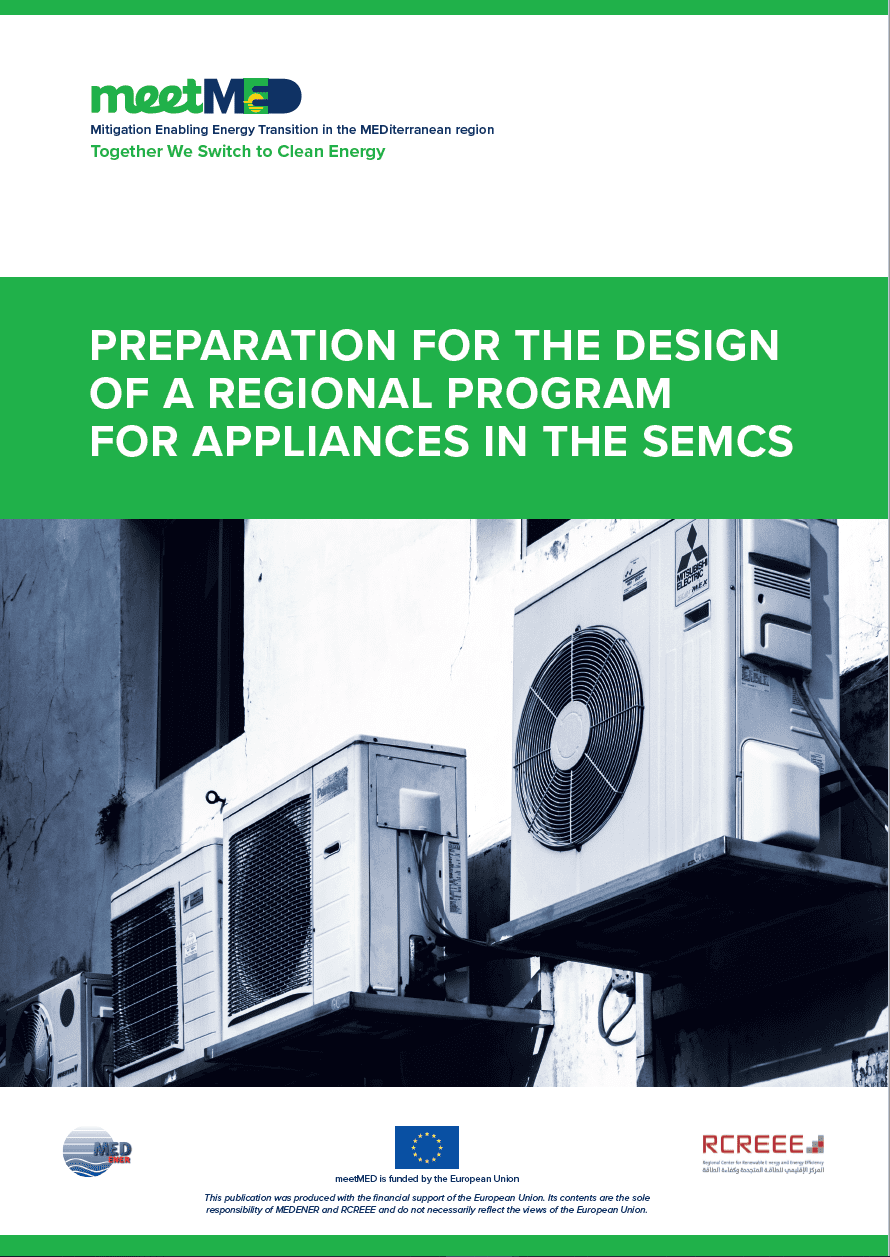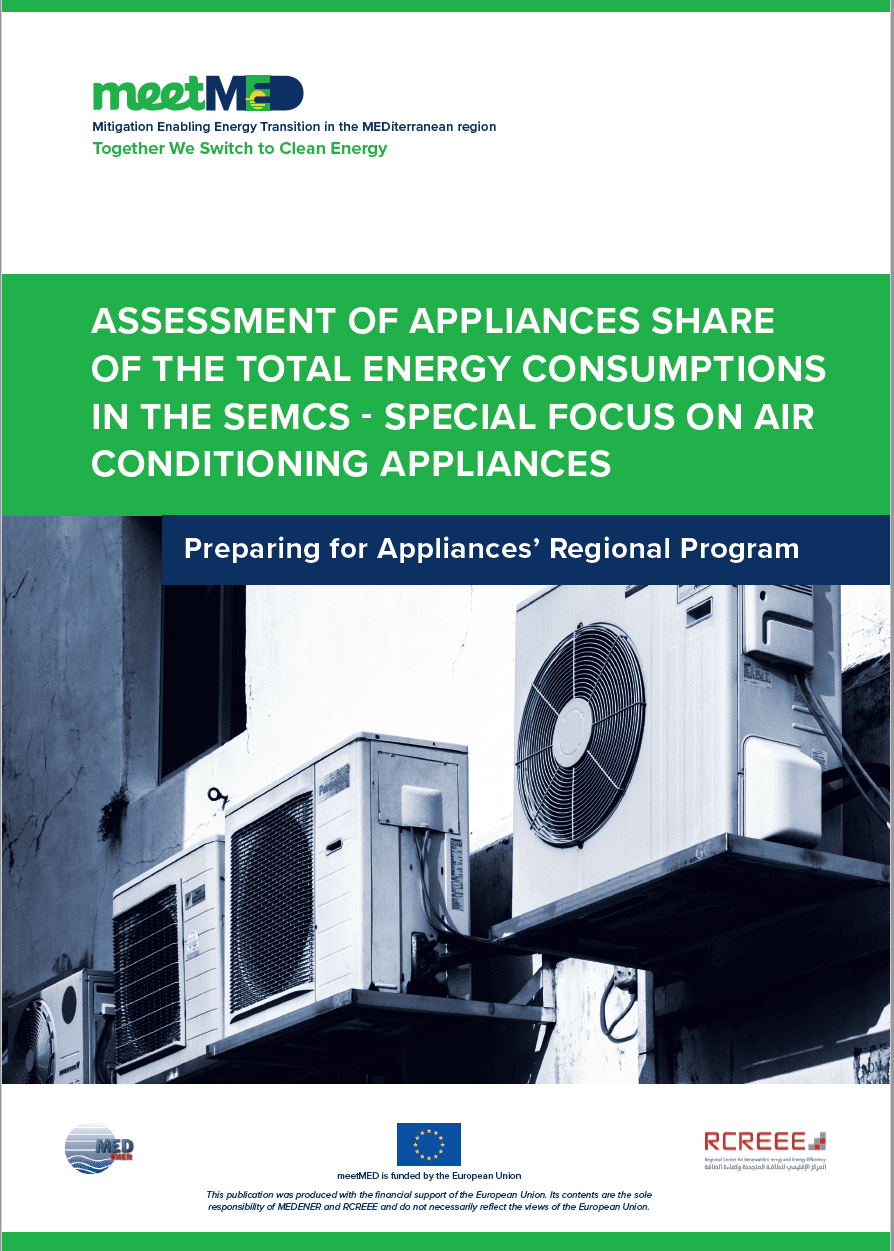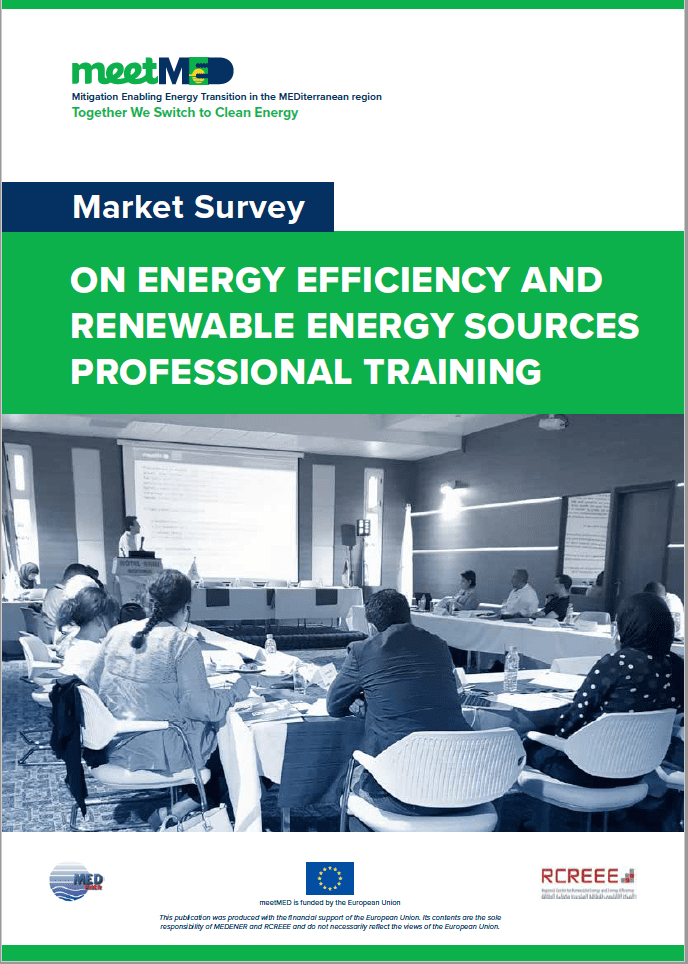The building sector is one of the largest energy consumer sectors of the meetMED target countries, thus making it one of the main targets of the existing National Energy Efficiency Action Plans (NEEAPs).
The main goal of the meetMED report on EE in buildings is to provide an overview of the current EE measures implemented in the building sector of the target countries, with a special focus on energy efficiency building codes. It also identifies the principal challenges encountered in the implementation of the measures and concludes with set of recommendations to encourage and promote the development and implementation of EE measures, but also the enforcement of the already existing policies.
The meetMED REN experts drafted country papers, which were then discussed at the meetMED workshop held on 18 June 2019 in Tunis, Tunisia. This report is based on the country papers and discussions among the meetMED REN experts.
Read the full report here.
The “Concept Note for the Creation of an Industrial Association of EE and RES Components’ Manufacturing to serve Local Markets in the meetMED Target Countries” is out today!
The meetMED experts discussed the feasibility of the creation of Industrial RE and EE associations in the Southern and Eastern Mediterranean region at a workshop held in Cairo in November 2019. Regional experiences and national case studies from Egypt, Jordan, Palestine and Lebanon were shared and contributed to the preparation of this concept note for creating a regional industrial association that could benefit the EE and RE market, regionally and locally.
The creation of a solid structure (e.g. Associations) at national and -potentially – regional level would serve along various manufacturing operations to develop and introduce RE and EE measures, as well as to promote local production of RE and EE systems’ components. Associations could also serve as an industrial and commercial lobby defending and promoting the development of a local market through a clear and efficient public policy for energy transition, including regulation and financing means.
Read the full meetMED concept note here!
The meetMED Assessment of Appliances share of the Total Energy Consumption in the SEMCs – Special focus on Air Conditioning Appliances and the study on the Design of a Regional Program for Appliances in the SEMCs are now available on this website!
This meetMED report collects the results of questionnaires, interviews and field research in the target countries assessing the share of total energy consumption connected to the use of household appliances in general, with a special focus on air conditioning. Based on this report, the meetMED experts have prepared a proposal for the design of a regional program for energy efficient household appliances in the target countries.
The proposed regional program for appliances will work towards accelerating the adaptation of Standards and Labels (S&L) and MEPS and improving the effectiveness of national EE programs, which will contribute to the development of EE measures in the SEMCs region. This will be achieved via the alignment or harmonization of national MEPS, labelling and the facilitation of the exchange of knowledge, information and good practices between member countries.
Read the full meetMED report on the Appliances share of the Total Energy Consumption in the SEMCs here.
Read the full study on the preparation of a regional program for appliances here.
The Market Survey on Energy Efficiency and Renewable Energy Sources Professional Training
Under the project’s capacity building activities, a market survey of the RES
and EE professional training schemes in Algeria, Egypt, Greece, France, Italy, Jordan, Lebanon, Libya, Morocco, Palestine, Portugal, Spain and Tunisia was conducted by the meetMED experts. This was done in order to ascertain 1) the state of development of the training schemes for Renewable Energy Technologies and Energy Efficiency; 2) the number of available courses; 3) the status of the training institutions; and 4) the quality of the training schemes in each of these countries. In conclusion, a gap analysis was elaborated, lessons learnt and best practices highlighted, and recommendations made in order to improve these professional training schemes.
Read and download the full report here.


